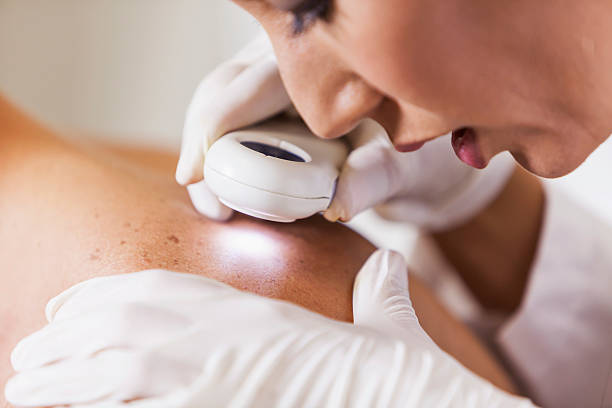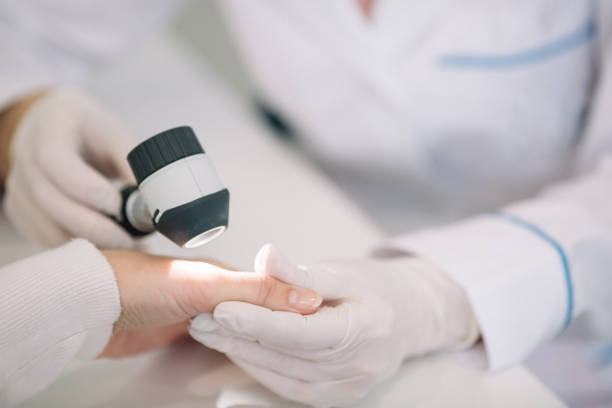We accelerate the diagnosis process from dermatological findings with our artificial intelligence supported systems.
Cancer can cause death if not diagnosed and treated in a timely fashion. Skin cancer is a common type of cancer, as more than three million Americans are diagnosed with skin cancer each year. Melanoma is the most dangerous type of cancer and tends to spread rapidly. Unaided visual inspection of expert dermatologists yields diagnostic accuracy of about 60%. Dermoscopy is a noninvasive imaging technique for the microscopic examination of pigmented skin lesions, placing a high-resolution magnifying imaging device in contact with the skin. Lighting is controlled, and a liquid interface or polarization filter is applied to remove surface skin reflectance, exposing underlying layers of skin for inspection. Dermoscopic imaging has been shown to improve recognition accuracy and provides accuracy between 75%-84%. Dermoscopy results in lower diagnostic accuracy if the physician does not recognize or correctly interpret the significance of structures.
-
Industry
Healthcare -
Duration
12 months -
Team size
12 -
Technologies
Healthcare






